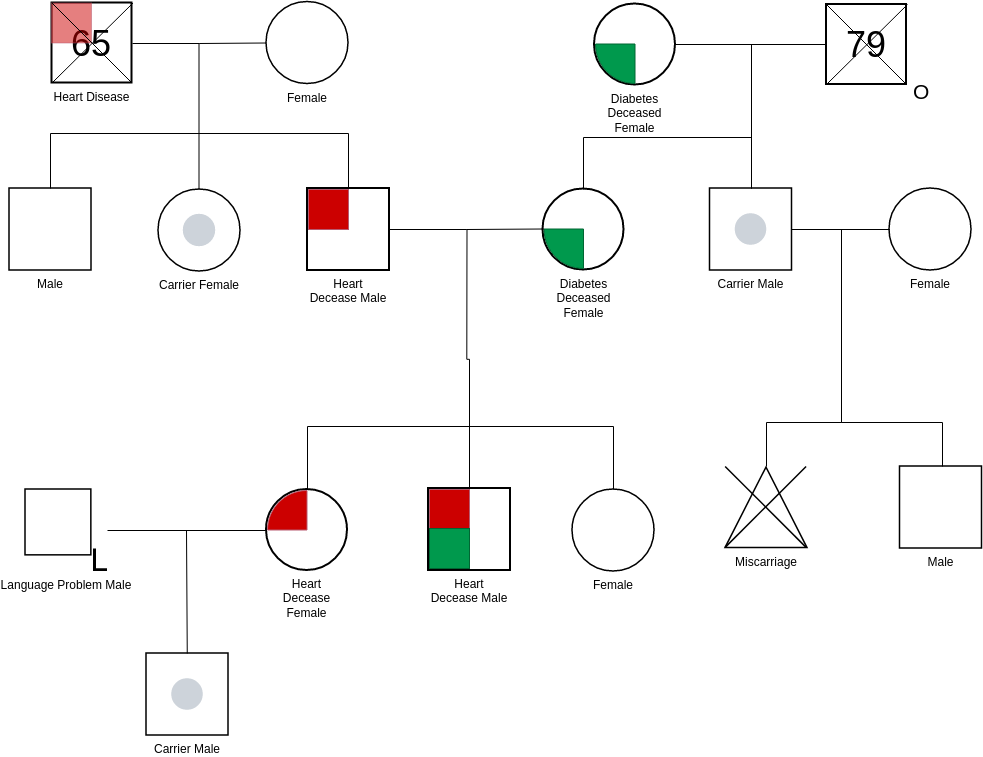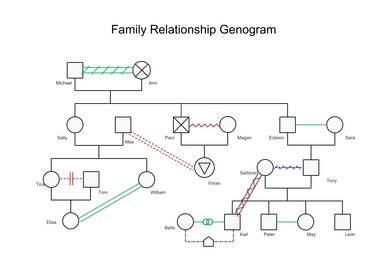

Social and cultural factors are a powerful influence on women’s infant feeding decisions, with evidence that social and family support is more important than support provided by healthcare providers. Mothers commonly make errors in reconstitution of formula milks, with a tendency to over-concentrate feeds and while most understand the guidelines for making up formula feeds, this knowledge has not always translated into compliance.


Most UK mothers introduce formula milk at some stage in their feeding journey, and within an overall framework of a public health policy to promote breastfeeding there is also a public health focus on safe and responsive formula feeding. Breastfeeding rates are also socially patterned, being substantially lower within socially deprived communities. While there is a wealth of evidence that breast/breast-milk feeding optimizes infant and maternal health, the UK has one of the lowest breastfeeding rates globally. Infant feeding is a key public health issue. ISRCTN ISRCTN14760978 Registered 30 January 2017. However, variations in genogram application indicate that revised training is required to clarify the purpose and ensure it is used as intended. The genogram has the potential to offer a woman, family and community-centred approach that focusses on building assets for infant feeding. Negative and positive unintended consequences of genogram use were highlighted. The genogram was either used as intended to raise women’s awareness of available assets and motivate help-seeking behaviour, or as a data collection tool with limited perceived utility. The perceived impact of the genogram was related to the IFHs’ application of the tool. Content analysis of the genograms highlighted variations, with more personal, individualised genograms completed at Site B compared to Site A.

Resultsĭata comprised 32 completed genograms, and qualitative insights from all 13 infant feeding helpers (two focus groups 4 interviews) and interviews with a purposive sample of 21 of 50 intervention group women between 4 and 21 weeks after birth. Content analysis of the genograms and qualitative data from the interviews and focus groups were analysed thematically. Completed genograms were shared with researchers. Infant feeding helpers' and women’s experiences of the infant feeding genogram were collected via interviews or focus groups. Infant feeding helpers (IFHs) co-constructed a genogram at the first antenatal meeting for the intervention group ( n = 50), and then provided proactive, woman-centered support from ~ 32 weeks gestation to up to 5 months postnatal.
#Community genogram registration#
Methodsġ03 primiparous mothers aged 16+ years were recruited to the trial (trial registration number) in two sites (Site A and Site B) with low breastfeeding prevalence in the UK. The aim of this study is to explore women’s and infant feeding helpers’ experiences and use of an infant feeding genogram delivered to the intervention group of the “Assets-based infant feeding help Before and After birth (ABA)” randomised feasibility trial. The Infant Feeding Genogram is a visual co-constructed diagram which details people/services that can provide support to women and can facilitate a connection between mothers and their existing assets landscape. A lack of perceived social support influences women’s infant feeding behaviours.


 0 kommentar(er)
0 kommentar(er)
